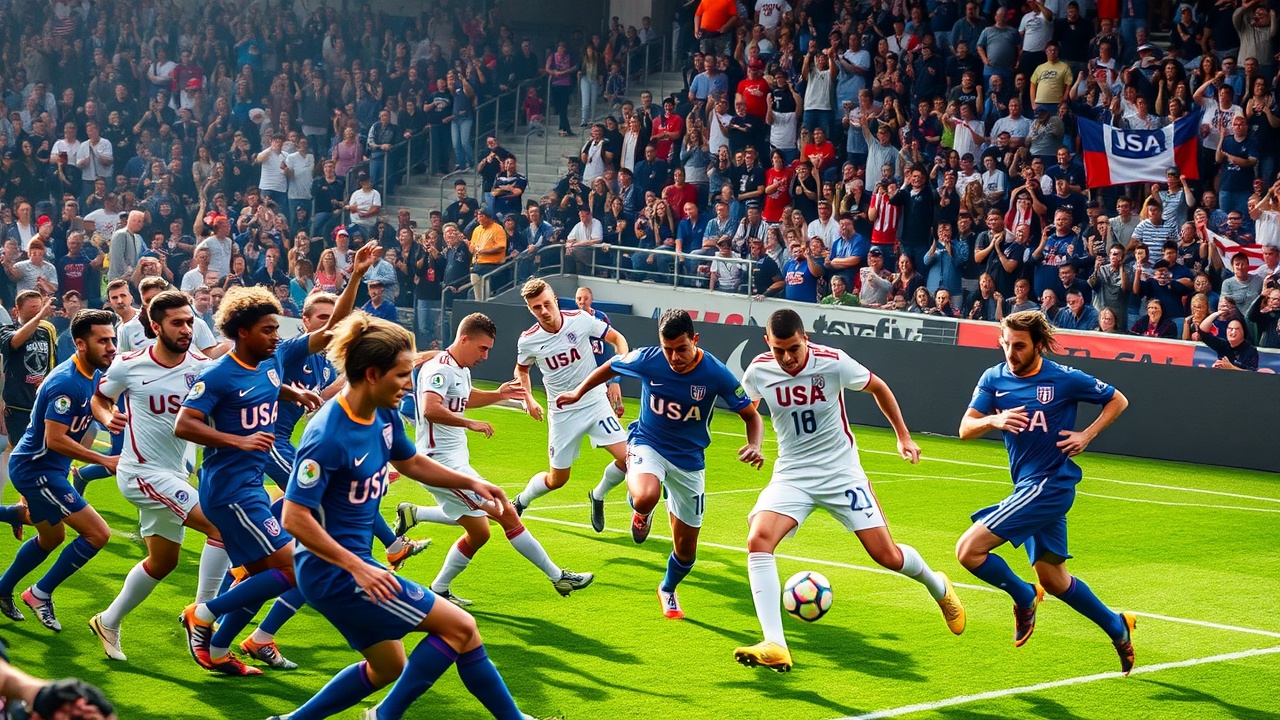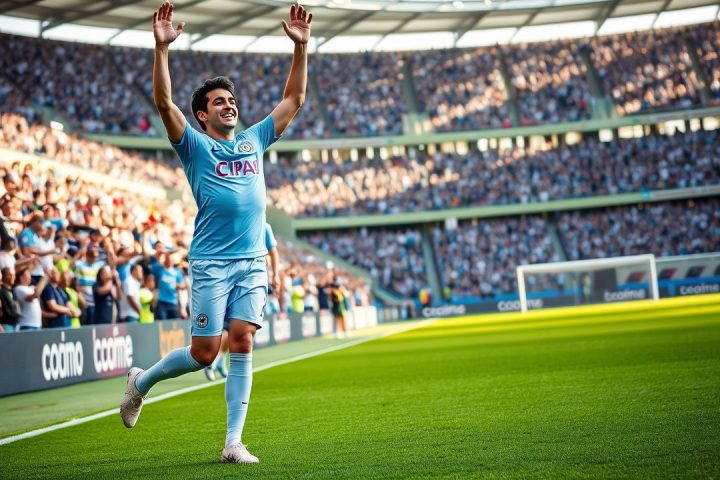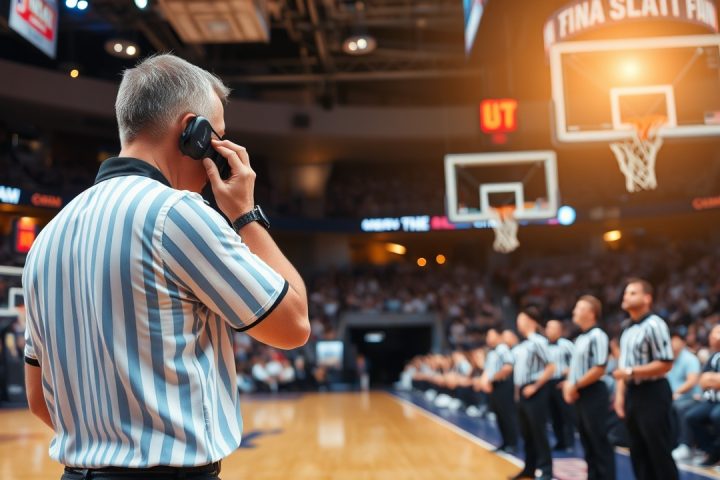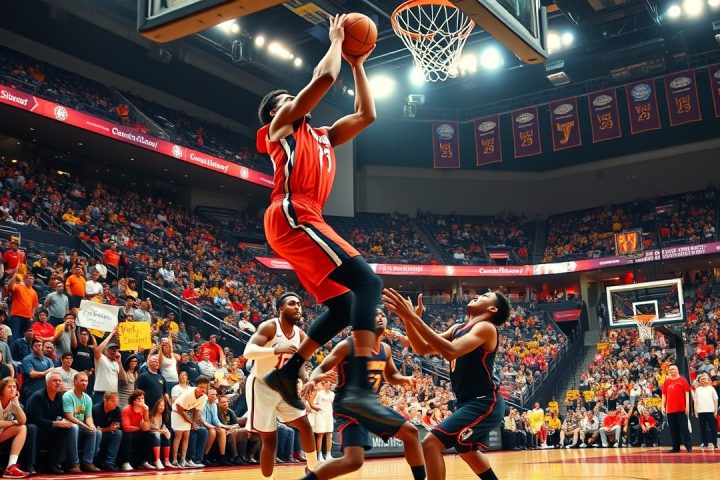USMNT Faces Turmoil Despite Gold Cup Victories
The U.S. men’s national soccer team (USMNT) finds itself in turmoil, despite securing two victories in the ongoing Concacaf Gold Cup. Star players Christian Pulisic, Antonee Robinson, and Yunus Musah have opted to withdraw from the tournament, while fellow potential starters Gio Reyna, Weston McKennie, and Timothy Weah missed out due to Club World Cup commitments. Adding to the team’s woes, injuries have sidelined promising talents Folarin Balogun and Sergiño Dest, limiting the depth of the roster during a crucial phase leading up to next summer’s World Cup.
Opportunities and Recent Performance
Originally, this Gold Cup was seen as a vital opportunity for the USMNT to refine its strategy and recover from a disappointing Nations League setback against Panama. However, the team’s recent performance in friendlies against Switzerland and Turkey, which ended in overwhelming defeats (a combined score of 6-1), has raised serious doubts about their readiness.
The lack of intensity during these matches has sparked criticism, including direct remarks from former USMNT star Landon Donovan, who challenged Pulisic’s dedication to the national cause. This prompted a heated exchange, with Pulisic’s father even sharing his private messages on social media, leading to coach Mauricio Pochettino asserting his authority as head coach amidst the chaos.
Challenges Ahead of the World Cup
Paradoxically, as the USMNT is on the cusp of hosting the World Cup next year, the indicators of a strong, cohesive team seem to be deteriorating. Instead of focusing on soccer, some top players are turning to leisurely pursuits, while tensions rise between players and coaches, complicating the already fragile team dynamic.
Evolution of Soccer in the U.S.
Historically, U.S. soccer has evolved significantly since the 1994 World Cup, marking its entry into the global soccer arena. Back then, American players typically remained stateside, with many being full-time national team members. Fast forward almost three decades, and the landscape has changed dramatically, with a growing number of young American talents now thriving in prestigious European leagues.
This shift means that, for these players, success at the club level often overshadows their accomplishments with the national team. The current roster includes high-value players who are accustomed to competitive environments that demand consistency and performance, creating a challenging scenario when they regroup for international duty.
Pressure of Club Commitments
As the pressures of club commitments mount, it becomes understandable that players might prioritize their club careers, as evidenced by stars like Kylian Mbappé and Robert Lewandowski, who have had similar experiences navigating the demands of both club and national representations. The current trend shows a disconnect between the demands of national team obligations and the realities of a modern soccer landscape where club commitments take precedence.
Re-establishing Team Culture
The challenge for the USMNT now lies in re-establishing a culture that fosters commitment and unity amid the increasing commercial demands of club soccer. Players are expected to arrive at national camps ready to contend, but the sporadic nature of international windows and the chaotic schedules severely hinder player preparation and cohesion.
Reflecting on the patterns observed in other high-profile national teams, it’s clear that many struggle with similar issues of loyalty and performance that can lead to internal conflict. The trajectory of the USMNT suggests that this is not an isolated incident — these growing pains are symptomatic of a broader generational shift in how American players perceive their roles in international football.
As the World Cup approaches, the hope is that the unique pressures of the tournament will galvanize the team, allowing them to put recent turmoil behind them and focus on making a significant impact on the world stage.




